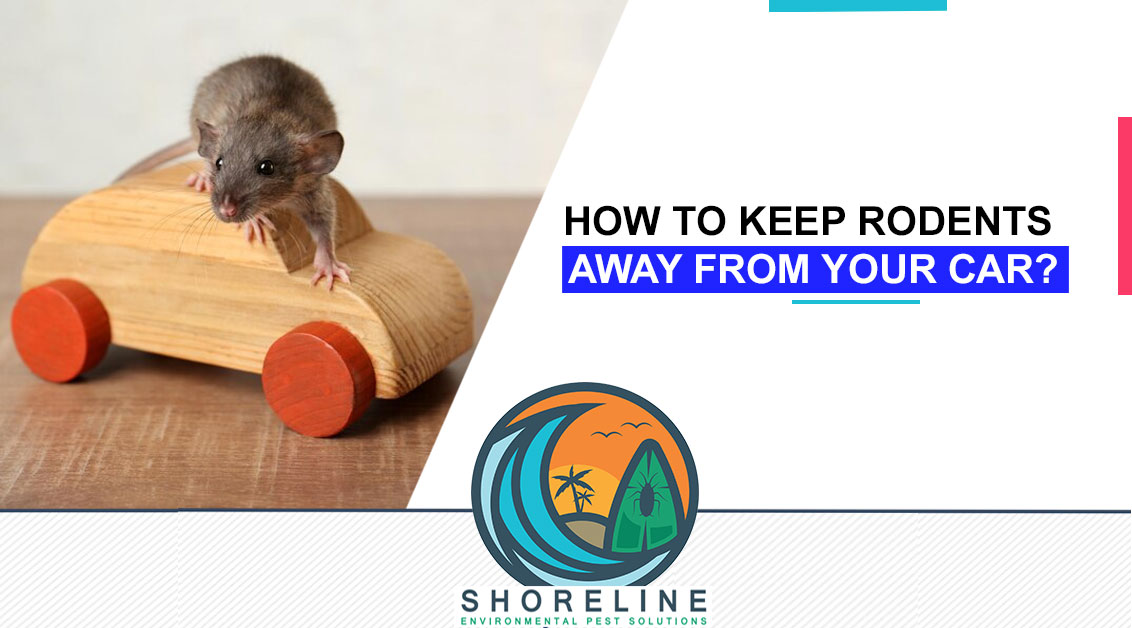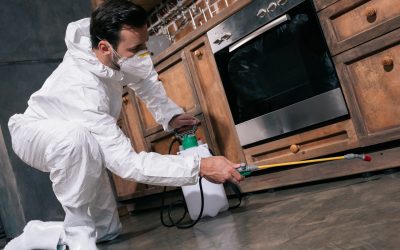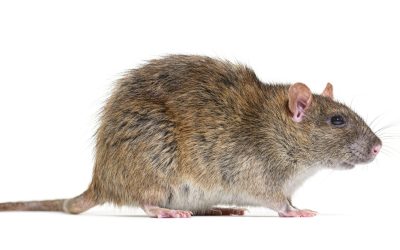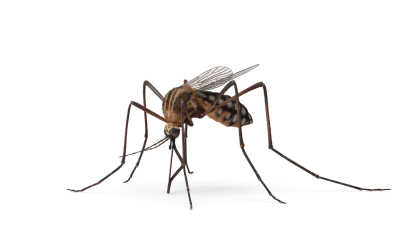Rodents can damage your vehicle in various ways, both big and small. From gnawing on wires to chewing on parts, rodents can cause severe damage in a short amount of time. In some cases, the damage may not be immediately noticeable, but it can still lead to unforeseen problems down the road. If you are concerned about the safety of your vehicle, it is essential to take steps to prevent rodent damage.
Here are some of the most common rodent damage to vehicles and what you can do to prevent it.
How do rodents damage your car?
There are a few different ways that rodents can ruin your vehicle. Rodents can chew on wires and can also cause damage to fittings, cables, and engine components.
As rodent teeth are constantly growing, rodents can cause mechanical harm to your car. If a rat’s mouth is large enough and manages not just to bite the wires or engine part but rather chew on them, that could be catastrophic for your vehicle.
Rodents are omnivores and will eat pretty much anything. Rodents can gnaw through wires for a variety of reasons. They could be chasing something away, relieving stress and anxiety when they feel crowded or startled by noises in the area and other rodents.
How do rodents enter your vehicle?
Rodents can enter your vehicles by a variety of means. Rodents such as rats usually access vehicles through steering columns, vents designed for wires, cables, pedal shafts, and other engine components. These critters typically climb the tires first and then look for any access points large enough to fit them through.
Steps to prevent rodent infestation in your car?
Do not leave snacks or pet food in your car: Some people tend to snack while they drive. Any leftover or crumbs left in your vehicle can attract rodents. Rodents may even follow this trail of crumbs leading to your car through cracks and holes. Ensure all these food articles are securely wrapped before storing them inside your vehicle.
Seal off your garage: if you have concerns about rodent infestation, ensure that you keep your car in the garage. However, keep in mind that garages are popular areas for rats to find shelter and food, so keep your garage windows closed especially when leaving your vehicle parked overnight. Take additional precautions by sealing off cracks and crevices using silicon-based caulk or steel wool. Also, avoid storing clutter, such as cardboard boxes and furniture, in your garage.
Keep your car away from foliage: Any vehicle surrounded by foliage is inviting for rodents. Foliage acts as an attractor, and the rodents take it up a level by exploring further and eventually entering your car, which could be in search of food or warmth. Remove seeds, nuts, and other foods:
Look for signs of rodent infestation in your vehicle: The earlier you find rodent infestation, the easier it would be to eliminate rodents and do damage control. Check under the hood for gnawed materials, especially frayed wires and plastic. Finding rodent droppings inside and outside the vehicle can also indicate rodent infestation. If you aren’t using your vehicle for a while, ensure that you inspect it regularly and if you are not available for regular inspections, get someone to do it.
Keep the doors, trunk hatch/lid, and windows shut: a slightly open window or sunroof can be a good access point for rats and other pests. Inspect your vehicle for damage-related cracks such as a damaged grill or tailpipe and get it fixed quickly.
Does my auto insurance policy cover the rodent damage?
Generally, yes. Most auto insurance policies cover damage caused by rodents and will reimburse you for the cost of repairs.
If your policy doesn’t cover rodent damage, contact your agent or company to see if they can help.
Many companies offer a rodent exclusion clause, and in some cases, they may replace the affected items free of charge or reimburse you for damaged parts and labor.
You may be surprised to know that rodents can damage your car just as quickly as they can damage your home. By following the tactics listed above, you can protect your vehicle from these pesky creatures. Don’t wait any longer if you suspect you have a rodent problem; contact us today.





0 Comments